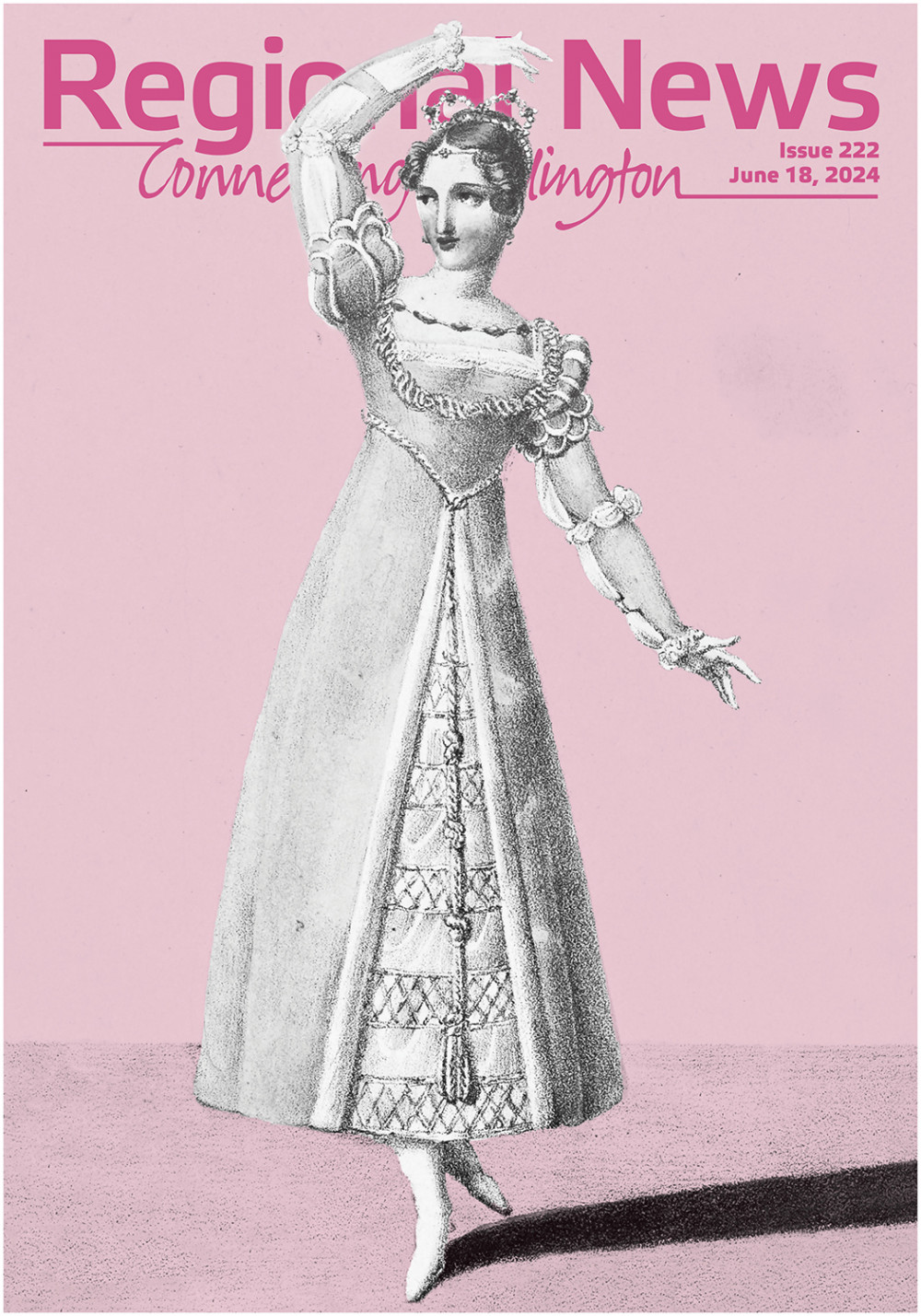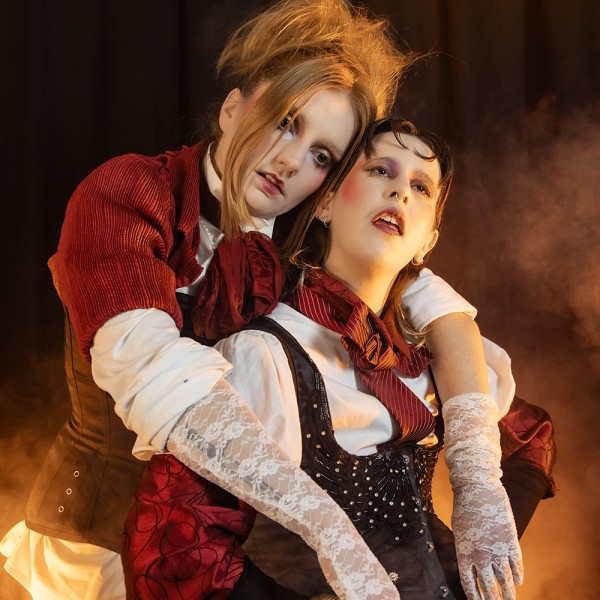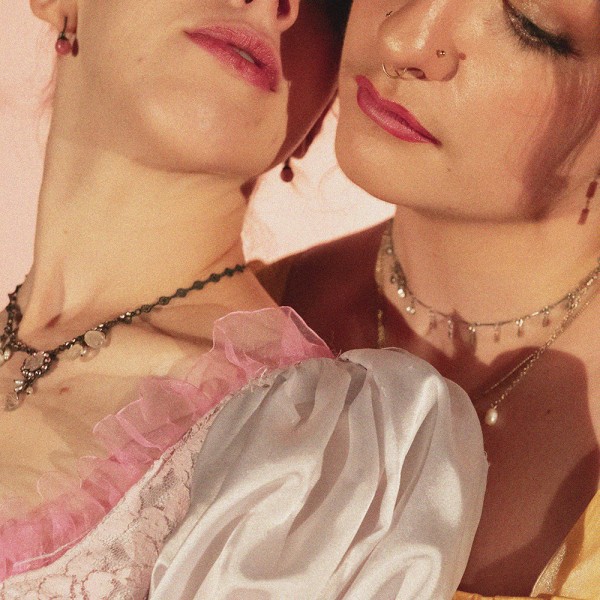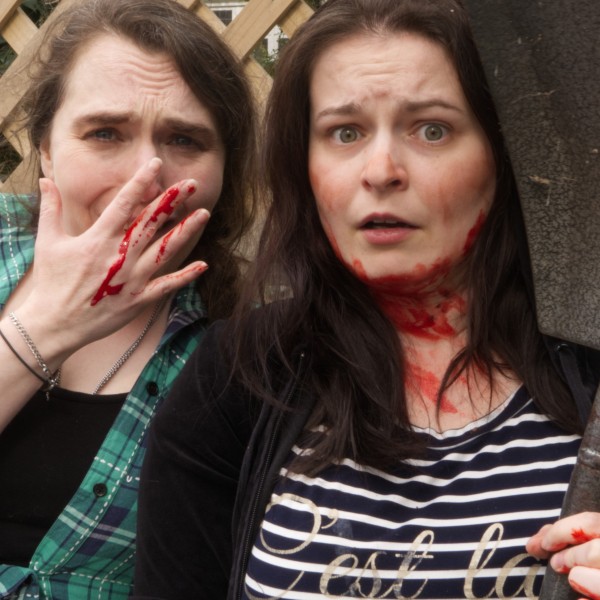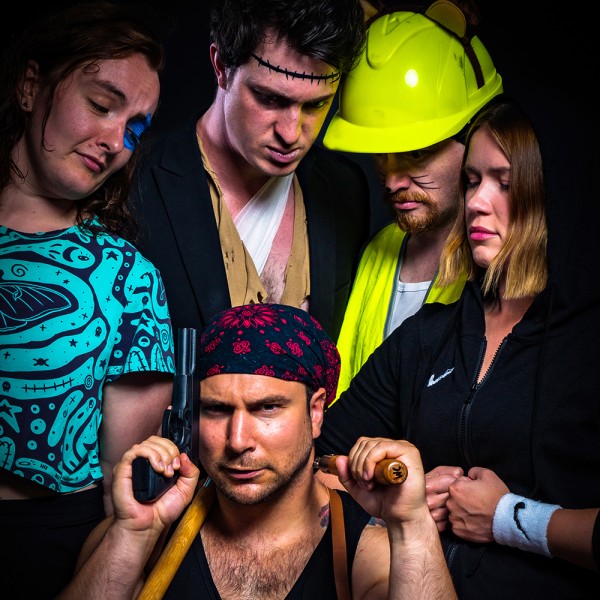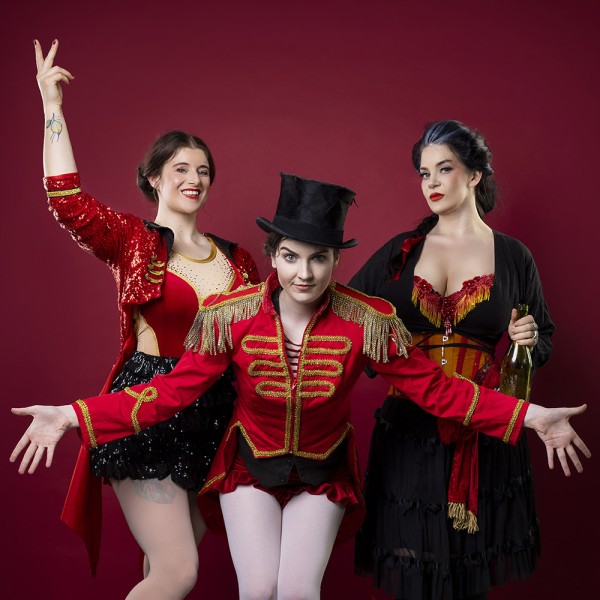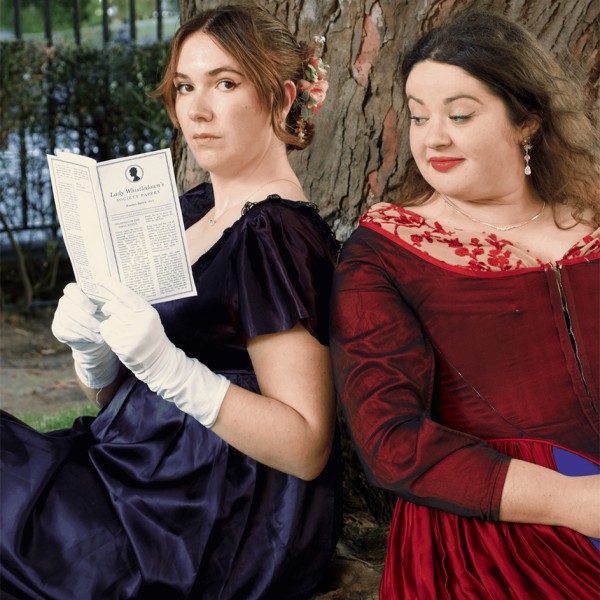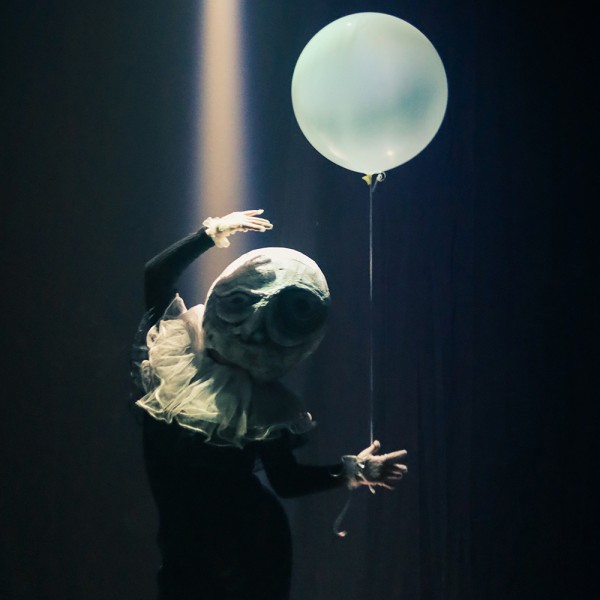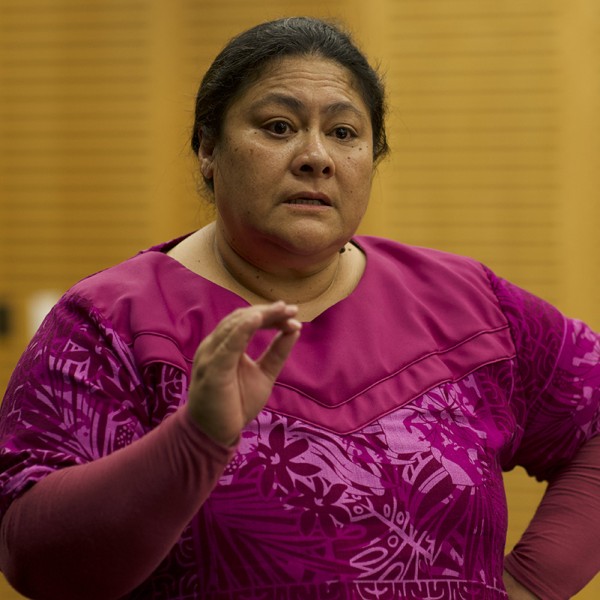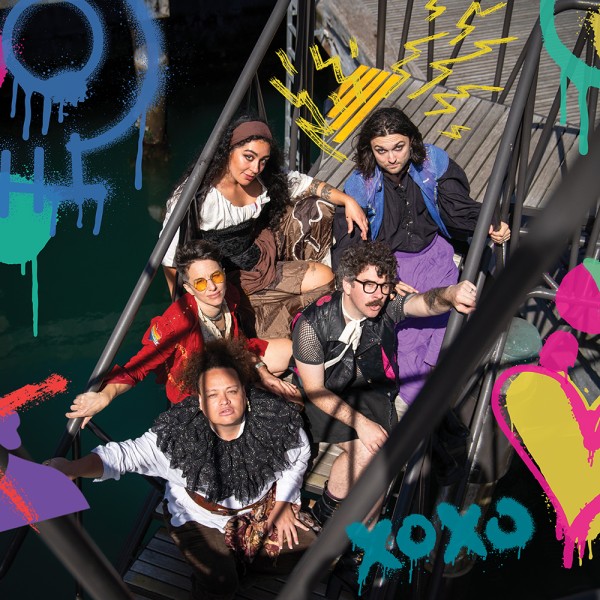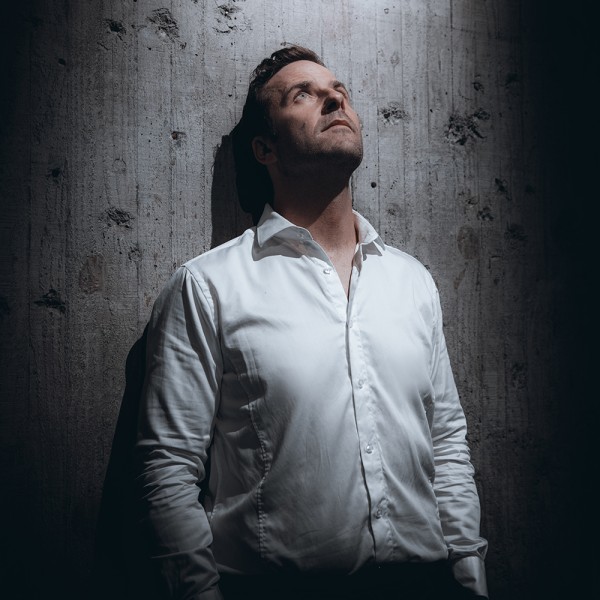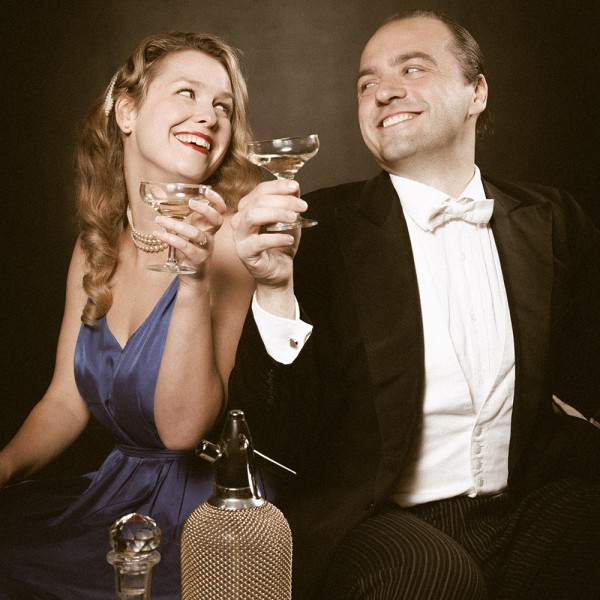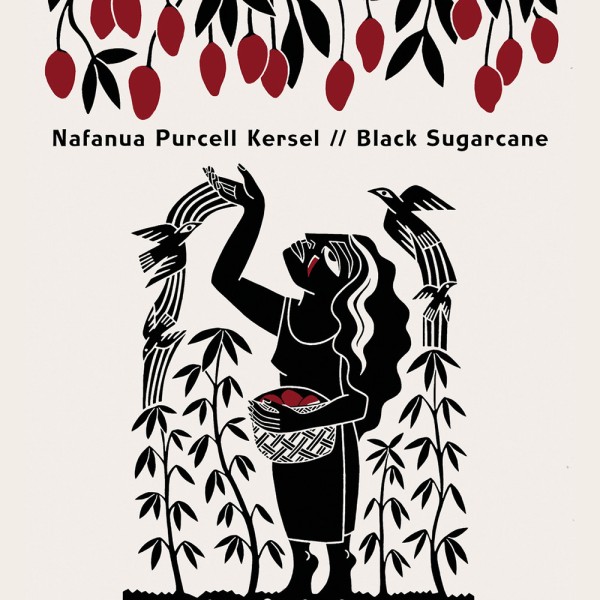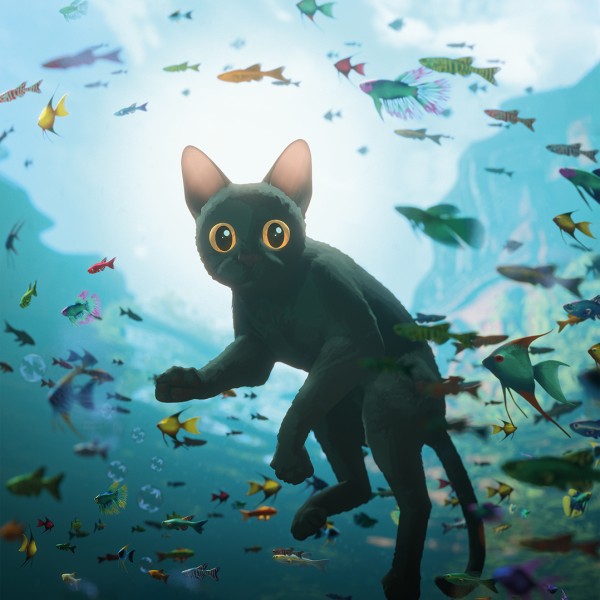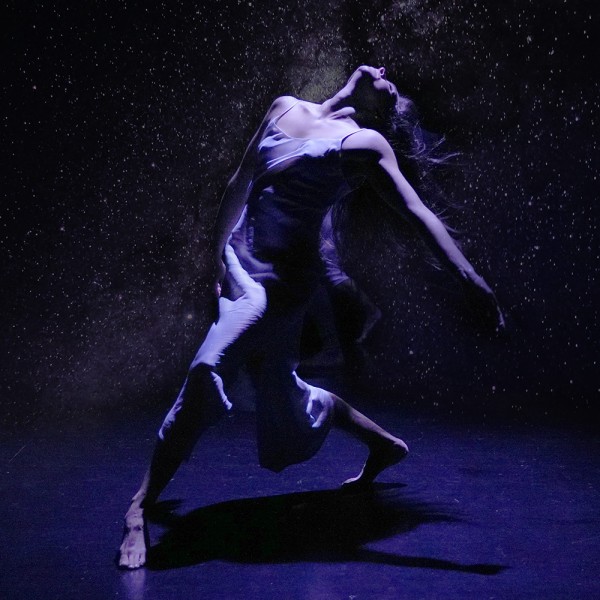
The Night Has A Thousand Eyes
Presented by: Borderline Arts Ensemble
Te Auaha, 6th Mar 2025
Reviewed by: Ruth Corkill
Borderline Arts Ensemble, the multi-disciplinary group co-directed by Lucy Marinkovich and Lucien Johnson, are known for their virtuoso dance productions. They return with a meditation on nocturnal themes that pairs the serene piano compositions of Johnson with the movement work of dancers Marinkovich and Michael Parmenter.
Martyn Roberts’ lighting design is a crucial element of the production. The show is set against the black void of a profoundly dark stage, and lighting is used to construct positive spaces within that. Gauzy fabrics suspended from the ceiling become enormous vessels filled with illuminated smoke or water. Puppetry brings us birds and moons floating in black, empty air, while mirrors and shadow-work play with our depth perception.
As our dances explore these spaces, movement seems to be a secondary concern to imagery. There is minimal connection between the two dancers, or between the dancers and the audience. It feels more like visiting a series of art installations or watching a film than participating in a live performance. That said, this feeling of abstraction is part of the strange beauty of The Night Has A Thousand Eyes.
Indeed, much of the show explores imagery from early film. Parmenter dons an overcoat and watches the moon under streetlights before commencing a contemplative, slow tap dance worthy of the most stoic of film noir leading men. In a vignette reminiscent of Loïe Fuller’s serpentine dance from the 1890s (which became a staple of black and white cinema), Marinkovich appears in a billowing tent of silk that hangs floor-length from her throat and whirls the fabric around into forms that evoke peonies, sea creatures, and birds. This early cinema aesthetic is supported by the minimalist and cool-toned lighting favoured by Roberts.
A quietly masterful show, The Night Has A Thousand Eyes is a balm and curiosity. Many from the audience linger in the foyer afterwards, marvelling softly, before moving off into the dark.



